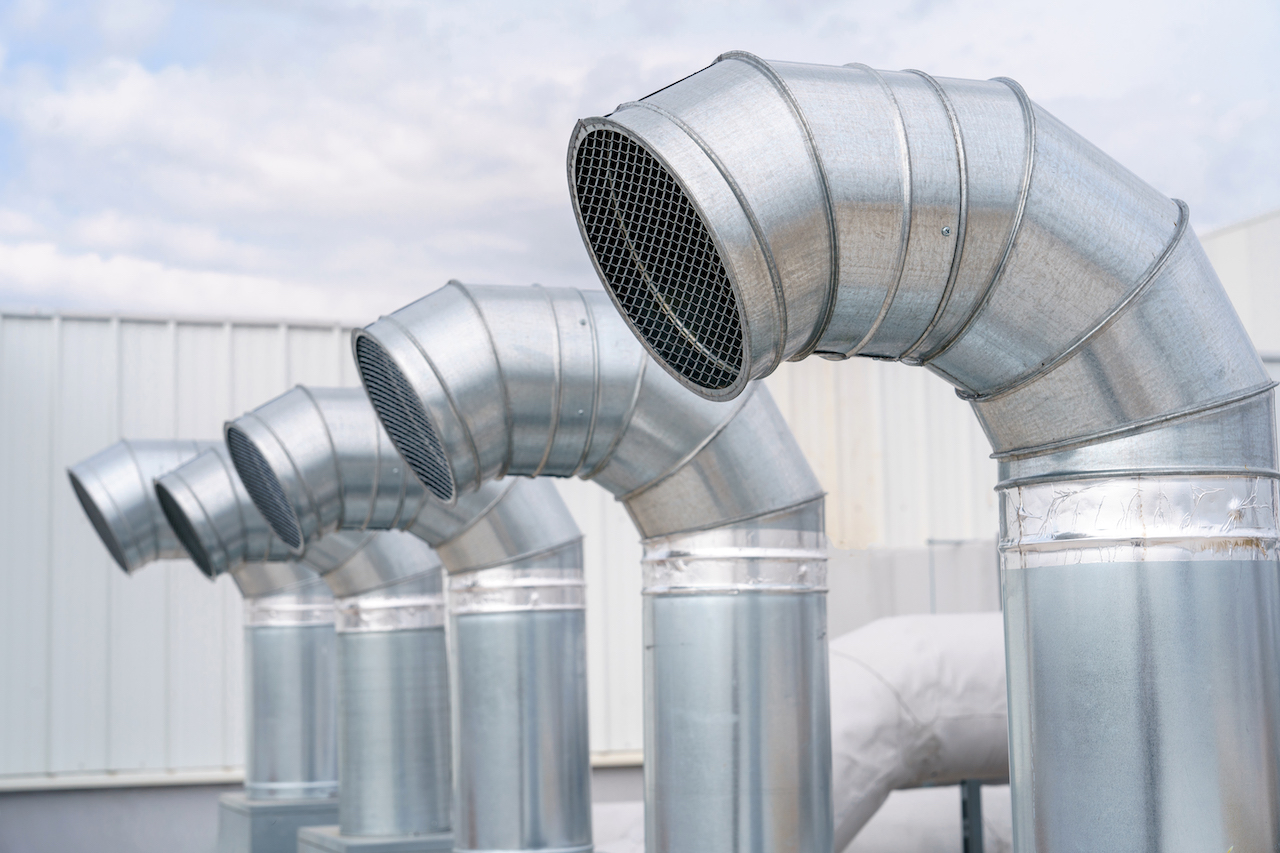General
Should I Call in a Professional or DIY: Duct Cleaning Problems

Ensuring the cleanliness of your home’s air ducts is a crucial aspect of maintaining good indoor air quality. Over time, ducts can become lined with dirt, dust, mold, and other harmful contaminants, which can lead to a variety of health issues. When faced with the task of cleaning your ducts, you might wonder whether to tackle the job yourself or call in a professional. Here’s a guide to help you determine when each option is the best decision.
1. Understanding Duct Cleaning
Before making a decision, it’s important to understand what duct cleaning involves. Duct cleaning generally refers to the cleaning of various heating and cooling system components including supply and return air ducts and registers, grilles and diffusers, heat exchangers, heating and cooling coils, condensate drain pans (drip pans), fan motor and fan housing, and the air handling unit housing. The process should be thorough and follow the guidelines set by the National Air Duct Cleaners Association (NADCA).
2. DIY Duct Cleaning
Cleaning your air ducts yourself can be a viable option in certain scenarios. If you or your family members do not suffer from serious respiratory problems and the contaminants are mild, DIY cleaning may be appropriate. The DIY process should include shutting off the power to the HVAC system and then removing and cleaning all accessible components – duct covers, filters, ductwork – thoroughly. Use a powerful vacuum cleaner equipped with a high-efficiency particulate air (HEPA) filter and brushes to dislodge the dirt before vacuuming it away. Sanitizing the ducts with a disinfectant is also important after cleaning.
3. Professional Duct Cleaning
When You Should Call in the Pros
Professional duct cleaning may be the best decision if your ducts are heavily contaminated with mold, if you suspect vermin infestation, or if there are performance issues with your HVAC system. Professionals have the equipment and expertise to handle these situations safely and effectively.
The Process
A professional duct cleaning service will typically include a comprehensive cleaning of all components and will follow NADCA standards to ensure the best results. They will also provide a post-cleaning inspection to ensure that the job was done properly and that your system is working efficiently.
Benefits of Professional Service
The benefits of professional service include thoroughness, proper handling and disposal of contaminants, improvement in system performance, and the assurance that the job has been done correctly.
4. Consideration of Cost
DIY Cost
The actual cost of DIY duct cleaning is relatively low, primarily consisting of the price of acquiring the necessary tools and any cleaning solutions you may need. However, you should also consider the value of your time and the potential risks involved in the cleaning process.
Professional Service Cost
The cost of professional duct cleaning can vary significantly based on the size of your home, the number of ducts, and the level of contamination. On average, professional services can cost a few hundred to several thousand dollars.
5. Timing and Frequency
How Often Should You Clean Your Ducts?
The frequency of duct cleaning depends on several factors, including the location of your home, the presence of pets, the number of occupants, and any sensitivity to air quality in the home. In general, a good rule of thumb is to have your ducts cleaned every 3 to 5 years.
DIY for Regular Maintenance
For regular maintenance and minor cleanings, DIY may suffice. If you’re diligent with changing filters and keeping the area around the air vents clean, you may not need professional cleaning as often.
The decision to clean your air ducts should not be taken lightly. While DIY cleaning may be feasible for small jobs and when properly equipped, professional cleaning is generally the safest and most effective choice for larger jobs or when facing severe contamination. Ultimately, your decision should be based on the complexity of the job, your comfort with the process, and the well-being of your household. When in doubt, it’s always a good idea to consult with a professional for advice on the best course of action.






















